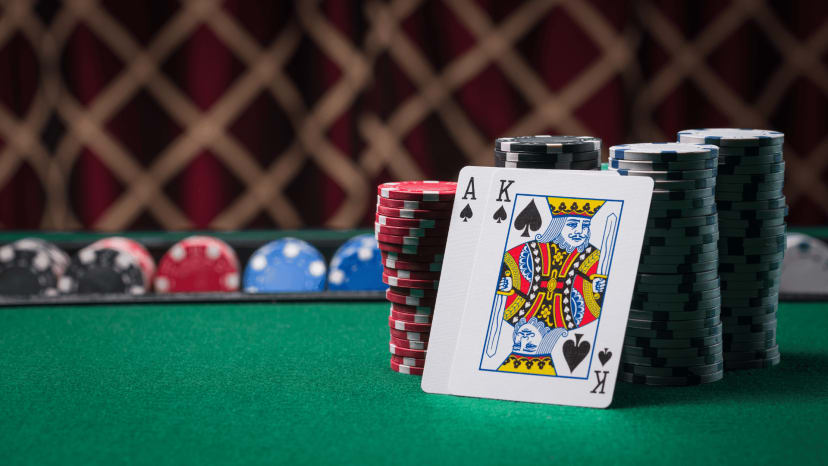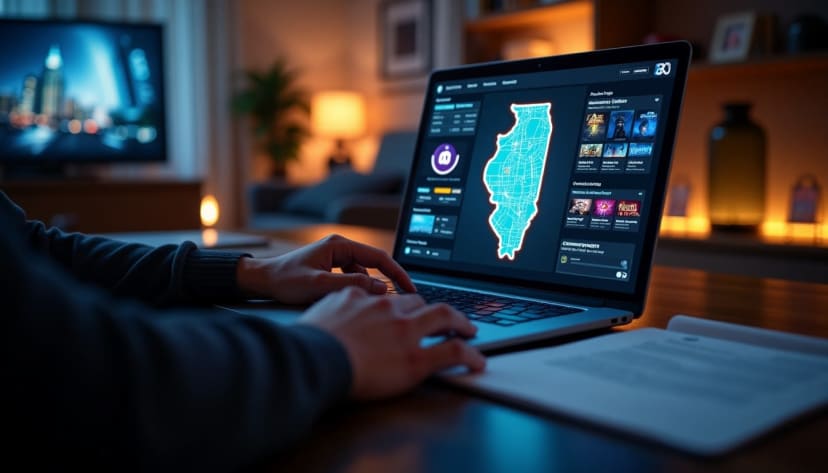Poker Life Lessons Applicable in Real Life Situations

Life is often a game of risks. One must assess situations, make informed decisions, and maintain consistency to cut it. In fact, nobody will teach you all these things, as it’s all about learning from mistakes. But if you like playing offline or online poker, there are many poker life lessons to apply. So, to cut it short, here are some essential life skills to derive from playing poker.
Lesson #1. Patience Pays for UK Players
One thing is sure: most casino players are afraid of playing online casino poker. Instead, they are attracted to those deceptively shiny slot machines and roulette wheels. Beginners claim that poker is too challenging to master compared to luck games, where players just hit “spin” and wait for the outcome.
In their defence, though, a specific set of skills is necessary to cut it in the tricky poker world. This is true whether playing at brick-and-mortar casinos or top online casinos. But if you’re patient enough to nurture your skills, you’ll start winning more poker hands than spins at a slot machine. Note that it takes lots of time and practice to be a master poker player. The life lesson? Patience and dedication are essential in life.
Lesson #2. Discipline & Focus for the UK Player
Unlike games of luck, poker players must be disciplined on the table and only focus on the action. Players must ensure that they play every hand optimally and keep track of every card when it is dealt. And because you have zero control over how the cards are issued, don’t waste mental energy over it.
The same applies to real-life situations. Life will deal you multiple challenges that you often can’t control. So, instead of playing blame games, focus on finding a way to wriggle out of the situation. For example, don’t sit around crying after losing your job. Get up and find another!
Lesson #3. Make Bold Decisions
You’ve probably come across those passive poker players who are afraid of making risky decisions. While it sometimes works, such players end up losing more than they win. Sure, their losses are not that big. But in the end, their bankroll will take a beating.
In addition, bold poker players will typically trigger the £100K pot, which conservative players cannot. The life lesson here is that people who don’t take calculated and bold risks lose. Remember the saying that fortune favours the brave?
Lesson #4. Bluffing Works, But Not Always
Bluffing is a common term when playing poker at casinos. It means camouflaging a weak hand to look strong and vice-versa. In return, other players on the table can feel intimidated by your moves and fold. But it doesn’t always work when playing against seasoned pros who can easily read your actions.
The same applies in life. Although some fake it till they make it, this will only harm them in the long run. You can go on impressing the whole world with a flamboyant lifestyle, but you’re suffering in silence. So, don’t display a fake character just for public relations. Your mum or partner will likely know you’re faking it!

Lesson #5. Bankroll Management is Critical for UK Players
First, this point cuts across all gambling activities, including sports betting. In online poker, things often go south, and players lose a lot of funds. So, to effectively absorb the shocks of losing, creating a gambling budget is paramount. Divide it into smaller daily, weekly, or even monthly gambling units.
Similarly, life is all about managing finances. It’s possible to get carried away during a payday and blow half your pay on impulse buying. Therefore, budget your funds and only purchase what you need. Don’t buy a sleek Ferrari with all your life savings when you know that hospital insurance and other bills haven’t been settled.
Lesson #6. How to Calculate Risk Like a Pro Gambler in the UK
Whether it’s in poker or in business, it’s important to get good at calculating and managing risk.
Do you understand the trade-offs? Would you bet all your money on a bad hand? You shouldn’t – and you wouldn’t in business either. Both poker and business are unpredictable, which makes measuring potential gains and losses, factoring in every possibility, and reflecting on the types of risk involved key to making the right move – whether that has to do with a bluff, raise, or fold, or with marketing decisions, budgeting allocations or project plans.
Both at the poker table and in the boardroom, risk calculation involves performing some quick math, making assessments, and using your instinct.
Lesson #7. Reading People: A Crucial Skill for UK Players
Reading people is fundamental to negotiation, a skill that benefits you in business, life, and especially when playing poker online or at a UK casino. To stay ahead of the game, you need to anticipate your opponents' moves, spot their tells, and identify their weaknesses.
In the professional world, whether dealing with colleagues, customers, or competitors, the ability to read people is undeniably essential for success.
Understanding individuals and assessing situations clearly enables meaningful engagement, effective communication, motivation, and the best possible response. This applies whether you're spotting an employee's potential and placing them in the right role, closing a deal with a client, or simply conversing with someone.
Lesson #8. The Importance of Continuous Learning
Learning is a constant process in online casino poker. Even the most seasoned players can find themselves in tricky situations requiring quick thinking. For instance, a novice player, often called a 'fish', can sometimes outsmart experienced pros, leaving them bewildered.
Life, much like poker, is full of surprises, sometimes from the most unexpected sources. However, you should always remember that solutions are rarely far away. It's not uncommon for a teacher to learn a valuable lesson from their student. Therefore, always remain attentive and lend a listening ear.
Conclusion: Poker Lessons for Life in the UK
Poker is far from an ordinary casino game, a fact highlighted by mathematician John von Neumann, who applied poker's bluffing strategies to politics, warfare, and psychology.
The great news is that you don't need a large budget or a library to apply these poker-inspired life lessons. Make more calculated moves, learn to read people's behaviour, and always manage your budget effectively. Ultimately, poker offers more than just wins and losses; it's a valuable tool for personal growth.
FAQ
How Can Playing Poker Improve Your Decision-Making Skills in Everyday Life?
Poker hones your decision-making by training you to quickly and accurately assess situations. It highlights the importance of analysing scenarios, understanding probabilities, and making choices even when you don't have all the facts. These skills are directly applicable to daily life in the UK, where you often need to make quick, informed decisions at work or in your personal life.
What Poker Strategies Can Help You Manage Your Personal Finances More Effectively?
Poker teaches you financial discipline and how to assess risk. You learn to manage your bankroll, avoid making rash decisions, and understand the value of strategic investments. By applying these principles to your personal finances, you can improve your budgeting, saving habits, and ability to make sound financial decisions, such as knowing when to take calculated risks and when to be more cautious with your spending.
How Does the Concept of Risk vs. Reward in Poker Translate to Real-World Scenarios?
In poker, you constantly weigh the potential risk against the possible reward of each decision. This concept is highly relevant in real life, particularly in areas like career choices, investments (such as property or stocks and shares), and even personal relationships. It teaches you to evaluate the potential outcomes of your actions and make choices that balance risk with the potential for positive results. This is especially useful when navigating the UK job market or making investment decisions.
Can Playing Poker Help You Develop Emotional Control and Resilience in Life?
Poker players must learn to manage their emotions to avoid "tilting" – making bad decisions because they're frustrated or angry. This emotional control is vital in real life, helping you stay calm under pressure, think clearly in stressful situations, and recover from setbacks. The resilience and emotional regulation you learn from poker can lead to better stress management and more effective problem-solving in all aspects of your life.















